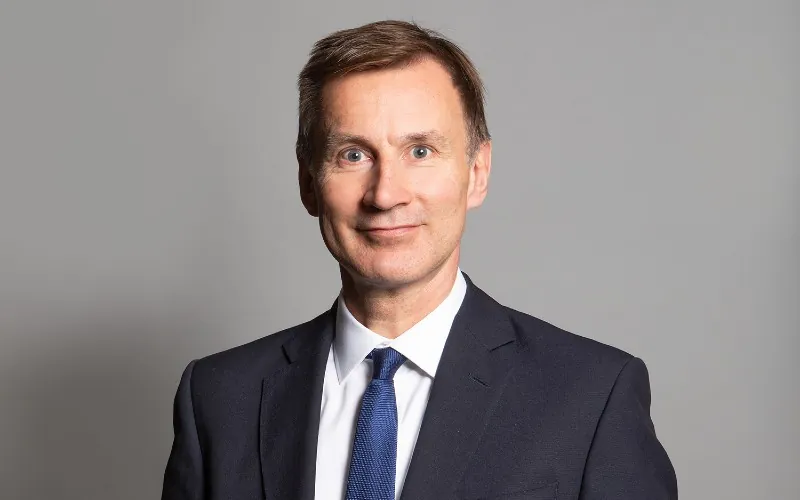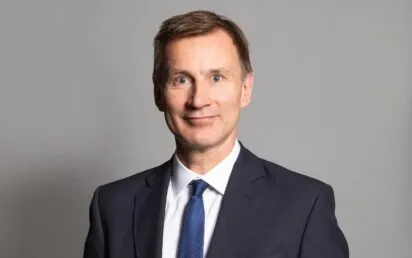A digital pound is likely to be needed in the future, according to a consultation paper published by HM Treasury and the Bank of England.
The Bank of England will now take forward further research and development work. The public are being invited to give their views on the scheme to be taken forward.
The consultation is being launched because both HM Treasury and the Bank want to ensure the public have access to safe money that is convenient to use as our everyday lives become more digital, while supporting private sector innovation, choice and efficiency in digital payments.
Chancellor Jeremy Hunt said: “While cash is here to stay, a digital pound issued and backed by the Bank of England could be a new way to pay that’s trusted, accessible and easy to use.
“That’s why we want to investigate what is possible first, whilst always making sure we protect financial stability.”
Governor of the Bank of England, Andrew Bailey, said: “As the world around us and the way we pay for things becomes more digitalised, the case for a digital pound in the future continues to grow. A digital pound would provide a new way to pay, help businesses, maintain trust in money and better protect financial stability.
In Crypto: UK Treasury seeks ‘digital pound’ head… on LinkedIn
“However, there are a number implications which our technical work will need to carefully consider. This consultation and the further work the Bank will now do will be the foundation for what would be a profound decision for the country on the way we use money.”
A digital pound would replicate the role of cash in a digital world, so that £10 of a digital pound would always be worth the same as £10 of cash.
It would be accessed through digital wallets offered to consumers by the private sector through smartphones or smartcards.
It would be Intended for payments, online, in-store, and to friends and family, rather than savings, with no interest paid on holdings.
Unlike cryptoassets and stablecoins, the digital pound would be issued by the Bank of England and not the private sector.
A decision about whether to implement a digital pound will be taken around the middle of the decade and will largely be based on future developments in money and payments. The earliest stage at which the digital pound could be launched would be the second half of the decade.


